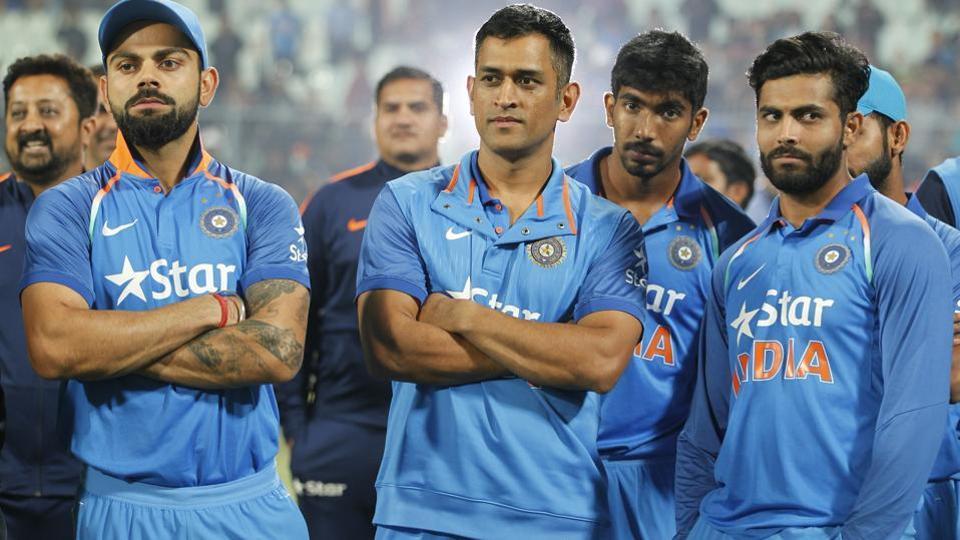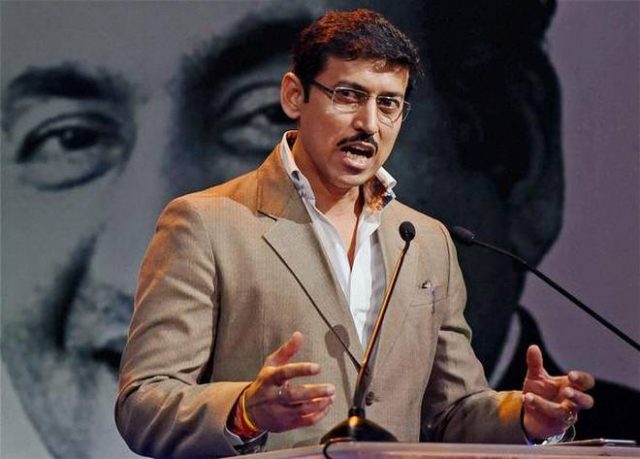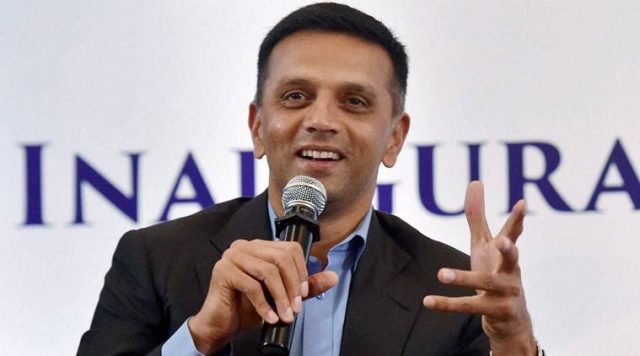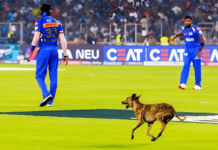The past few months have seen the Indian cricket board (BCCI) and National Anti-Doping Agency (NADA) at loggerheads with each other. It is because BCCI has put its foot down and is adamant on its decision to not give into NADA’s demands to conduct dope tests on cricketers.
This seems perfectly legit as ICC is a signatory to World Anti-Doping Agency (WADA) and NADA is the national counterpart of WADA in India.
BCCI’s CEO Rahul Johri has in a letter sent to WADA and the sports secretary Rahul Bhatnagar, stated that NADA has no jurisdiction to conduct tests on cricketers simply because BCCI is not a National Sports Federation.
The other argument that BCCI rests upon is that it already has a full-bodied doping mechanism in place and hence there is no need for NADA to interfere.
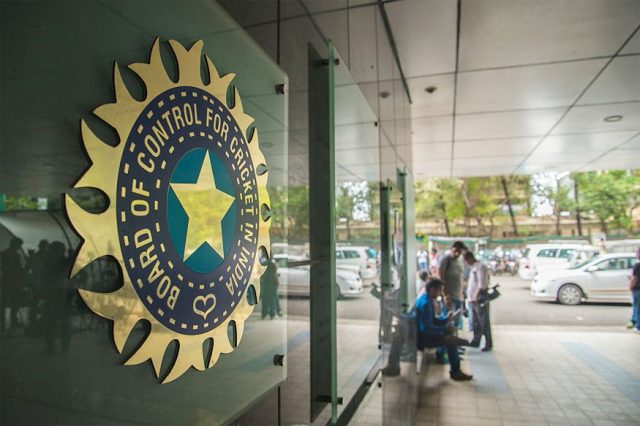
BCCI’s arguments lack substance.
Yes, BCCI is not a government recognised body but to come under NADA’s jurisdiction a body need not compulsorily be a state recognised body.
According to NADA rules, a sports federation is one that is a regional entity recognized by an ‘international federation’ as the entity governing the International Federation’s sport in that region or nation.
Also, WADA recently upheld NADA’s authority to conduct tests and said that BCCI”s contention regarding jurisdiction are baseless. Therefore WADA clearly is not buying BCCI’s arguments.
That BCCI already has a set mechanism in place is also no excuse. The testing is done at WADA accredited lab that is National Doping Test Laboratory (NDTL); however, the samples are collected not by NADA inspectors but by Swedish company IDTM.
Also Read: Why Indian Cricketers Don’t Marry Fiercely Independent & Successful Girls Like Virat Kohli Did?
Why is BCCI unwilling after all?
“I am glad that cricket is getting dope control done through an outside agency. But when the entire sports bodies of the country and also of some other countries are trusting our National Anti-Doping Agency, the cricketers can also do that,”
~ Sports Minister, Rajyavardhan Rathore.
He further added, “However, we leave it to the World Anti-Doping Agency; it is their prerogative. As the ICC (International Cricket Council) is registered under the WADA, they have to abide by the doping standards. So, it is upto the WADA to ensure that they can dope-test the cricketers,”
Why is the Sports Ministry not able to pressurize BCCI on its own and instead putting the onus on WADA and ICC?
Truly, some institutions with their deep pockets use their affluence to ride roughshod over others no matter how harmful it can be.
BCCI also believes that NADA is doing all this to make Indian cricketers sign the whereabouts clause used for random dope testing.
‘Whereabouts’ is information provided by the top athletes on their location to the International Sport Federation (ISF), or National Anti-Doping Organization (NADA herein), which includes them in their respective registered testing pool as part of their responsibility.
Indian cricketers have time and again shown their repulsive attitude to the whereabouts clause citing privacy issues. This is, by the way signed by many athletes because they have to comply with the rules.
In fact former Indian Cricket Team captain Rahul Dravid at a special session on ‘Ethics and Integrity in Sports’ organised by the CBI said,
“Sportspersons have to realize the whereabout clause. I will be the first one to sign it straight away. Sportsmen should not be given a choice in these things,”
He insisted this clause needed to be applied so that innocent players do not suffer.
Therefore, it is better to listen to seniors and trust the national agency.
Because if WADA suspends NADA over BCCI’s non-compliance then it certainly is not a good time for Indian sports.
Image credits: Google Images
You’d also like to read:
http://edtimes.in/2017/12/smita-patil-donated-her-national-award-money-to-charity-things-you-didnt-know-about-her-video/


























